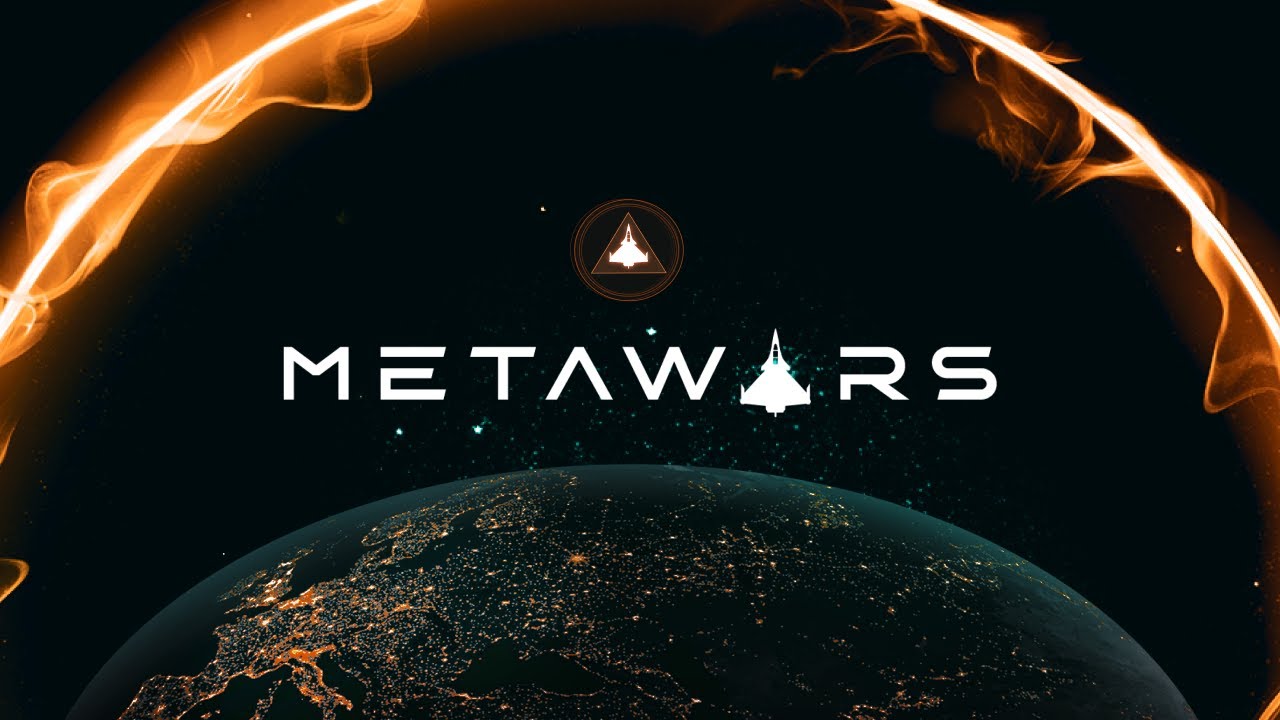
Coinposters
Gaming accounts for more than half of blockchain utilization

According to new statistics from DappRadar, gaming remains a major component of the blockchain sector. As of August, the gaming sector accounted for around 50.51 percent of the industry’s month-over-month (MoM) consumption, according to the research.
Although the aggregate statistics are a positive sign for the industry, they are lower than the previous month. The gaming industry accounted for around 57.30% of industry utilization last month (MoM).
DappRadar’s data is derived from the daily Unique Active Wallets (UAW). According to the report, there are over 847,230 UAW associated to gambling that are active on a daily basis, with roughly $698 million in transactions.
Long considered an entryway into the realm of Web3, blockchain, and cryptocurrency. Seventy-five percent of 2,428 GameFi investors questioned in a recent study by ChainPlay said that they entered the industry primarily for the sake of gaming.
GameFi investors are not the only ones that see the industry as a proponent of mainstream adoption. In a panel at the Korean Blockchain Week in 2022, experts said that GameFi and crypto go hand in hand. In addition, there are rumors that the majority of games will include an in-game cryptocurrency economy over the next several years.
Long-established gaming corporations in the conventional gaming industry are also interested in Web3. The head of Xbox expressed hope about metaverse gaming, but caution regarding play-to-earn (P2E) crypto games.
According to research conducted by the cybersecurity auditing company Hacken, many GameFi projects do not prioritize security and are due for a huge attack. In March, Axie Infinity’s Ronin token bridge was one of crypto’s greatest attacks, with $600 million in tokens stolen.
Recent study of sixty Web3-based games revealed that forty percent of users were either automated bots or numerous identities originating from a single entity.
Latest
Gaming
21 Feb 2026
Gaming
13 Feb 2026
Gaming
07 Feb 2026
Gaming
05 Feb 2026
Gaming
03 Feb 2026












